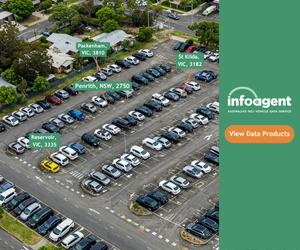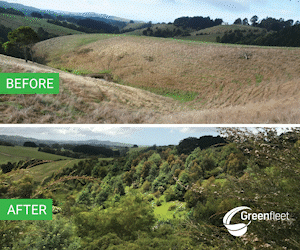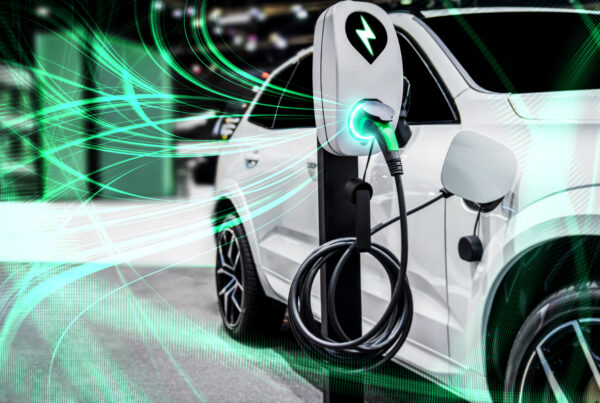New Zealand has announced the end of the Auckland Regional Fuel Tax (RFT) by June 30, 2024, fulfilling the government’s promise outlined in its 100-Day Plan. Transport Minister Simeon Brown emphasised the positive impact this move will have on Aucklanders’ daily expenses.
“Today, I can confirm that the Government has agreed to remove the Auckland Regional Fuel Tax in line with our coalition commitments,” stated Minister Brown. “Ending this tax is one way to reduce the price of fuel and ease some of the financial pressure facing households in our largest city.”
Since its introduction in 2018, the RFT has added 11.5 cents per litre to fuel costs in Auckland. Minisred Brown highlighted the decision’s significance in making fuel more affordable for the people.
“Removing this extra tax of 11.5 cents per litre on petrol and diesel means the driver of a Toyota Hilux will save around $9.20 every time they fill up, while a Toyota Corolla driver will save around $5.75,” Brown explained.
Expressing concerns about the tax’s impact on lower-income individuals with less fuel-efficient vehicles, Brown affirmed the government’s commitment to removing the legislative framework for regional fuel taxes, aiming for a fairer taxation system.
The Regional Fuel Tax had generated about $780 million by September 2023, with $341 million unspent. Brown revealed the unspent funds would now be directed to projects aligned with the mutual priorities of the Government and Auckland Council.
“I have discussed the unspent funds with Auckland Mayor Wayne Brown and signalled our intention that they are to be spent on projects which are of mutual priority to the Government and Auckland Council,” Brown said. These projects include the Eastern Busway, City Rail Link electric trains and stabling, road corridor improvements, and growth-related transport infrastructure.
Additionally, Minister Brown outlined plans for introducing time-of-use charging and exploring tools like value capture, tolling, and public-private partnerships to finance new infrastructure projects. The Government’s focus remains on delivering priority projects during the transition between the end of the Regional Fuel Tax and the implementation of time-of-use charging.
Did you find this article interesting? Click the ‘heart’ button above to give it a ‘like’!



















